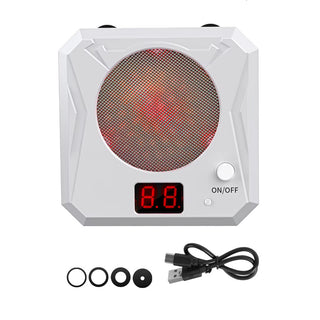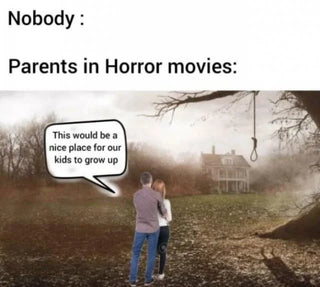We are living in crazy times right now. For two years our lives have been in an upheaval. Economics, politics, and life in general has been turned most of our lives upside down. There are more people moving out of cities, onto land, living off grid, storing food, fire arms, building bunkers...it's a serious survivalist movement.
Sporting good stores and the firearm industry in general have seen a major uptick in the sales of rifles, shotguns and compound bows. At the beginning of the lockdowns, I took up archery, just as a way to clear my mind. But lately, in this political and economical climate, I've started thinking about survival. I've started to push my personal feelings aside about hunting and considering it as an affordable means of meat. Now before you come down on me too hard, I'm not against people who hunt and eat the meat. I don't agree with hunting as a sport..but to each his own.
As hunting season has started or is starting in most of the US, I started doing some research and wanted to share some tips I found helpful with anyone that might be new to hunting or thinking about it, like me.
Hunter Education.
Hunting is a highly regulated activity, which means you’ll need a license to hunt wild game like deer, turkeys, squirrels, and more. Before you can purchase a hunting license, however, you need to take and pass a hunter education course. Each state has different requirements for this. Some states only require hunter education if you were born after a certain date. No matter your state's requirements, it's still a good idea to take the course. Hunter ed teaches you safe firearm handling, ethical shot placement, your states regulations and more.
Find a Hunting Mentor
Hunter Education classes are critical, but there's no way around it: learning to hunt from one is like learning to drive by reading a driver's ed manual. The only way you get good at either is to practice and to do so with guidance. That's where the mentoring programs and other hunters come in.
If you already know someone who hunts, start there. This might be a friend, family member, coworker, or neighbor. Depending on your relationship with them, you might just be able to ask them to take you hunting sometime. If you don’t know them as well, ease into it. Ask them questions about what you need help with the most, like finding a good archery shop or buying the right hunting license.
Navigating Hunting Laws and Seasons
As you probably noticed in hunter education, there are lots of regulations that govern how, what, and when you can hunt. To make things even more complicated, there are two sets of guidelines for hunting: laws and ethics. It may, for example, be legal to hunt deer with a rifle that you haven’t practiced with. But that doesn’t mean you should. You owe it to the hunting community and to the animals you hunt to follow your state’s regulations, and to do so under fair-chase conditions. Game law violations have serious consequences, ranging from tickets to revoked hunting privileges or worse.
There's so much more to learn: Hunting Gear, Guns, Ammo and Shooting Practice, Finding a Place to Hunt, Basic Tactics for Any Hunt, Field Dressing, Butchering and Cooking Wild Game! It can be so overwhelming. But, how do you eat an elephant? One bite at a time.
If you are considering become a hunter, there is plenty of information and people that are willing to help you start. You can even purchase our ELMS 12G laser cartridge to save on ammo and help you get more comfortable with handling a shot gun.
If you are a hunter and have any tips to share, I'd love to hear them. You can leave a comment here or email me, Andrea@G-Sight.com





